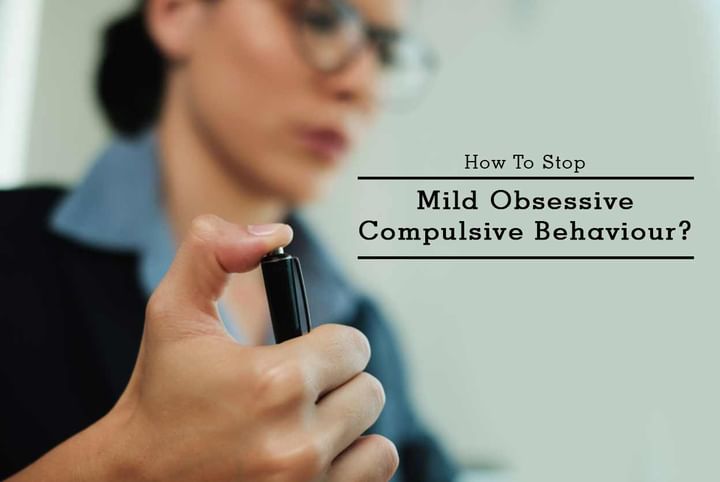How To Stop Mild Obsessive-Compulsive Behaviour?
Obsessive-Compulsive behaviour is form of anxiety disorder in which unreasonable thoughts and fears which are obsessions that lead one to do repetitive compulsive behaviour. Root causes of obsessive-compulsiveness are complex and often deep-seated. The underlying emotional states may include the fear of unknown, not being in control, negative outcomes, failure, rejection, shame, annihilation or embarrassment
One can eliminate mild obsessive compulsion easily, where as severe obsessive-compulsiveness, require support of medical and mental health professionals.
When one finds himself pondering or obsessing over an activity, one must try to stop the negative pattern, and provide control and security. A good anchor code stops an obsessive thought pattern, and provides fact-based security for new action. One can get it under control and recover from it, however at the present, there is no cure. It is a potential that will always be there in the background, even when one's life is no longer affected by it.
The treatment for obsessive compulsive behaviour depends on the how much the condition is affecting one's daily life. There are two main treatments, firstly cognitive behavioural therapy which involves graded exposure and response prevention and the second being medication. The cognitive behaviour therapy emboldens one to face ones fear and let the obsessive thoughts occur without neutralising them with compulsions. In second case, treatment is by medication to control one's symptoms by altering the balance of chemicals in brain.
Obsessive compulsive behaviour that has a relatively minor impact on one's daily life is usually treated with a short course of cognitive behavioural therapy. Cognitive behavioural therapy involves exposure and response prevention that is used to help people with all severities. People with mild to moderate behaviour usually need about 10 hours of therapist treatment, combined with exercises to be done at home between sessions. Those with moderate to severe symptoms may need a more intensive course of therapy that lasts longer than 10 hours.
During the sessions, one works with therapist to break down the problems into their separate parts like physical feelings, thoughts and actions. The therapist encourages you to face your fear and let the obsessive thoughts occur without putting them right. It requires motivation and one should start with situations that cause the least anxiety first. These exposure exercises need to take place many times a day, and need to be done for one to two hours without engaging in compulsions to undo them. People with Obsessive compulsive behaviour find that when they confront their anxiety without carrying the compulsion, the anxiety goes away. Each time, the chances of anxiety reduces and last for a shorter period of time.
Once one has conquered one exposure task, one can move on to a more difficult task, until one has overcome all of the situations that make one anxious. It's important to remember it can take several months before a treatment has a noticeable effect. It is extremely vital to remember that no one is perfect, nor can anyone recover perfectly. Even in well-maintained recoveries, people can occasionally mess up and forget what they are supposed to be doing.



+1.svg)
